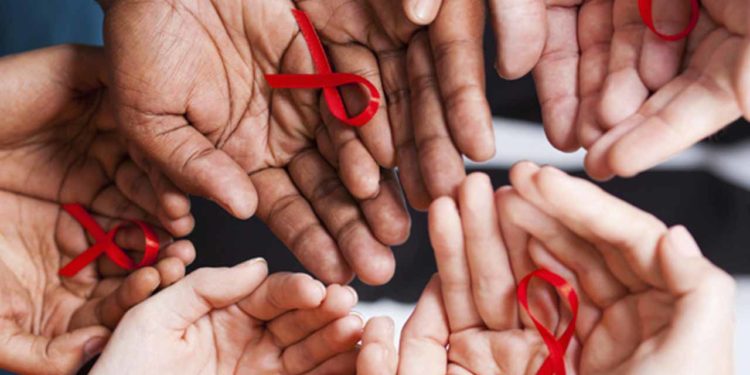693
By Lizzy Chirkpi
Nigeria has recorded a 20 per cent decline in new Human Immunodeficiency Virus (HIV) infections over the past decade, according to data fromqq the National Agency for the Control of AIDS (NACA), marking a major milestone in the country’s fighter againseqt the epidemic.R
Despite the progress, health experts have called for stronger domestic funding, sustained government commitment, and community participation to consolidate the gains and achieve the 2030 target of ending AIDS as a public health threat.
Speaking in Abuja on Tuesday, the Chief Executive Officer of the Institute of Human Virology Nigeria (IHVN), Dr. Patrick Dakum, said sustaining the current momentum requires greater local ownership and long-term investment in the national HIV response.
“HIV services including testing, treatment, laboratory diagnosis, and prevention of mother-to-child transmission remain free across more than 380 IHVN-supported health facilities in the Federal Capital Territory, Nasarawa, Katsina, and Rivers States,” Dakum said.
He disclosed that more than 238,000 individuals are currently receiving free antiretroviral therapy (ART) in these facilities through funding from the U.S. President’s Emergency Plan for AIDS Relief (PEPFAR) and support from the U.S. Centers for Disease Control and Prevention (CDC).
Dakum emphasized the importance of adherence to medications by people living with HIV to maintain their health and prevent new infections.
According to him, “IHVN continues to advocate for sustainable health initiatives. Together with government, funders, and stakeholders, we aim to test 95 per cent of people living with HIV, treat 95 per cent of those diagnosed, and achieve viral suppression in 95 per cent of those on treatment.”
He also highlighted IHVN’s grassroots efforts to expand HIV services through partnerships with faith-based organizations, community outreach programmes, and initiatives such as Group Mothers’ Love Gatherings and Peer Mentor Mother Programmes, which empower women living with HIV to support one another.
Dakum commended the Federal Government for taking steps toward assuming greater leadership in the HIV response, citing the inclusion of HIV care in health insurance schemes, local production of test kits, and the planned rollout of the preventive injectable drug, Lenacapavir.
Nigeria currently has an estimated 1.8 million people living with HIV, with about 1.6 million already on treatment.
Meanwhile, UNAIDS and NACA, in a joint statement, commended Nigeria’s progress but cautioned that the country must sustain momentum to meet global targets.
They noted that “meeting this target will depend on increased domestic funding, equitable service delivery, and strengthening community-led responses across all states.”
Experts agree that the decline in new infections and deaths reflects years of coordinated national efforts, but warn that only sustained commitment can secure a future free of AIDS in Nigeria.



